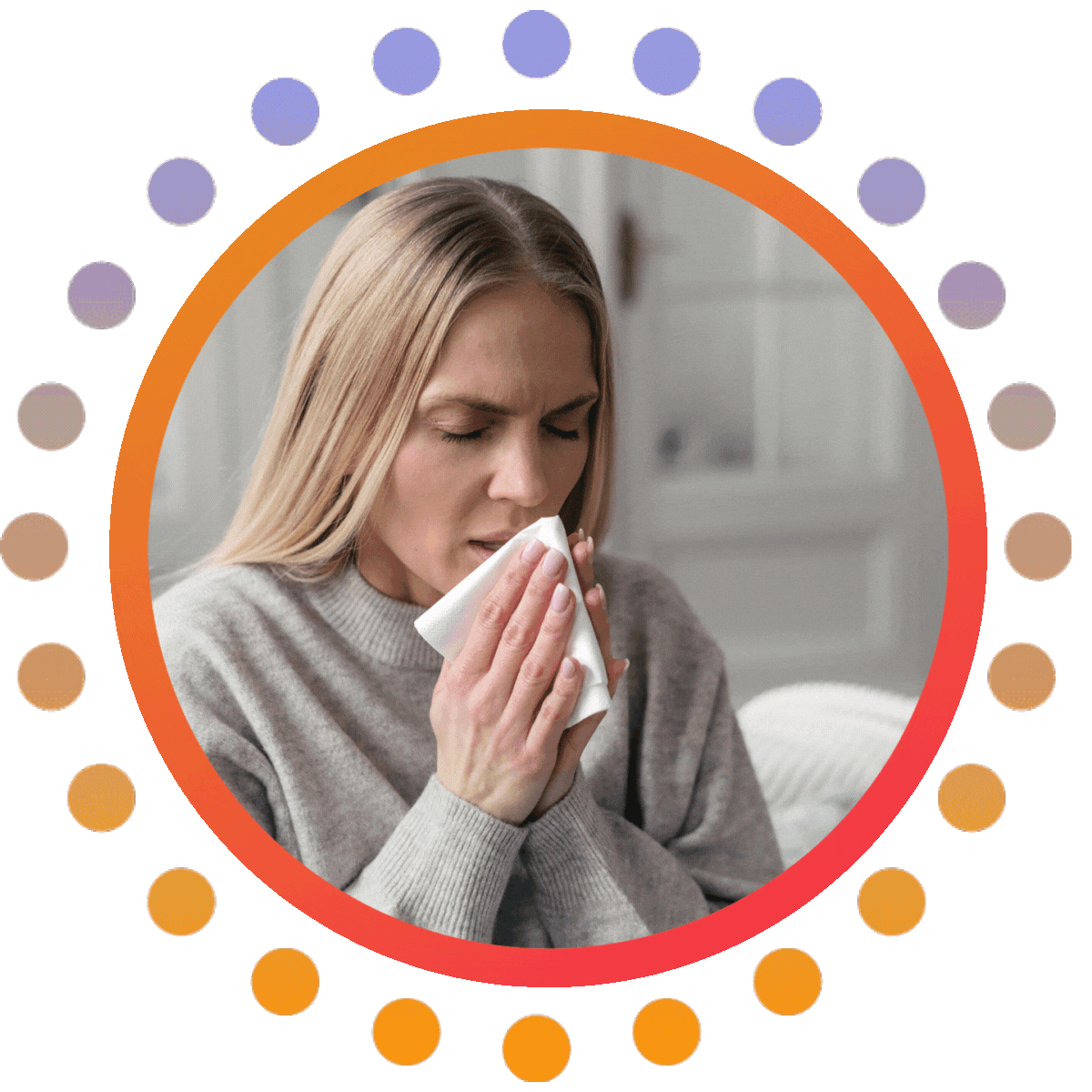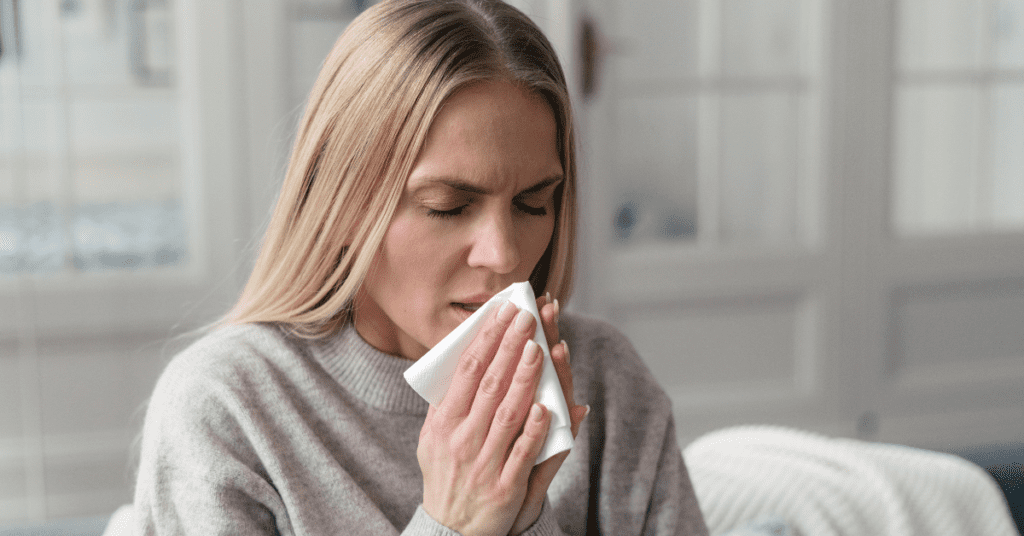
Web Stories
Step Into the Story: Explore Now
Infections in Monsoon – Ayurveda Perspective
Ayurveda believes that man is a miniature version of the universe, so with the change in the season and environment, it is very evident that there are noticeable changes in our body and overall health. During Dakshinayana or Winter solstice, seasonal changes occur in the Indian subcontinent from Varsha (monsoon) to Sharada (autumn) and to Hemanta (late autumn). This period can be compared to mid-July to mid-January, when cool sets, due to which anabolic activity dominates over the catabolic activity in the environment. Mid-July to Mid-September is predominantly Varsha Ritu or the monsoon season.
Infections in Monsoon
Certain viral infections are common in a specific period of the year when either the weather is favorable for viral potency or there are potent vectors to carry the infection or when immunity of the human body is low. It is often seen that mosquito-borne diseases such as outbursts of chikungunya or dengue infections in India, are more common just after the monsoon when the breeding of mosquitoes is increased. Ayurveda describes this period of Varsha Ritu as the time of Vata vitiation and Pitta accumulation, hence the chances of fever (viral fever in this case) are more. Effective management of these types of viral fevers must begin with prevention during the monsoon season by adopting Ayurveda Ritucharya-specific protocols.
Several viral diseases such as dengue infections lead to Dengue fever which can be fatal, whereas chikungunya infections are rarely fatal and symptoms are generally self-limiting and last for 2–3 days. However, in the long term, it can cause secondary conditions such as post-chikungunya arthritis resulting in long-term disabilities which may cause medical and economic burdens in affected areas.


Build your Immunity with Ayurveda
In Monsoon, the natural functioning of Agni or the digestive capacity in monsoon is very poor or low. Ayurveda believes that poor Agni functions or sluggish metabolism are the root cause of most diseases. This low-functioning Agni hampers digestion and metabolism leading to various health conditions such as indigestion, and low immunity leading to more susceptibility to catching an infection. It is also observed that with low immunity, there is an increased risk of having an episode of allergic conditions such as rhinitis, skin infections, etc.
Here are some guidelines and tips to build your immunity and stay healthy in the monsoon season –
Limit the intake of raw food such as salads, green leafy vegetables
Avoid seafood and meat to prevent waterborne infections
Include ginger and garlic in your diet
Include a generous amount of Cow ghee in the diet
Eat warm, freshly cooked meals
Drink boiled water which is cooled at room temperature
Include warm, herbal teas






